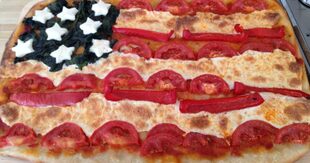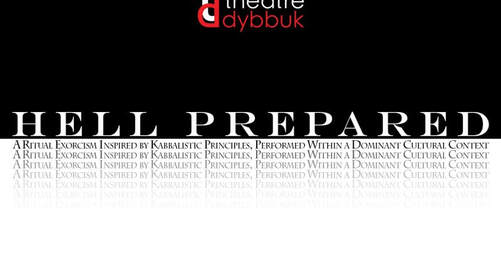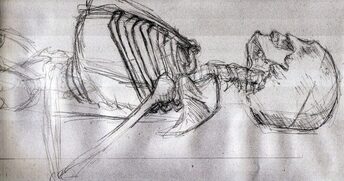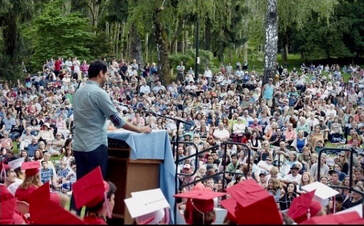 Not a melting pot, nor a mosaic, America is a Pizza. The exotic toppings give it the flavor, the zing and pizazz. Some stick with one (pepperoni forever, though it’s forbidden to many), or we mix and match according to our preference. Salty and sweet, spicy and sour, strictly vegetarian for some, everything but the kitchen sink for others. My family are the feta and olives (we are still unclear if they belong on a pizza or not) my wife’s family the ham and pineapple (natural enough to seem like one singular topping to some, unacceptable to others). The toppings may touch and overlap, but each remains distinct for the others. We do not mistake ham for olive, or onion for pineapple.
0 Comments
A number of years ago there was a movement on twitter to create transparency in the work force around salaries to help combat the gender pay gap, especially in the tech industry. I noticed such transparency was lacking among musicians as well, especially when it comes to commissioning rates for composers. Fees for performing gigs can vary wildly, and many wonder if they are being offered a ‘fair’ amount of their time and talent
 Around the beginning of 2018 I was approached about a project by the artistic director of a theater company that creates experimental new works based on Jewish mysticism, history, and mythology. This post isn’t about the theater company or the project I worked on (you can read about the show which has sold out for all six performances here), it’s about being confronted and dealing with my own unconscious bias. I’m all about musical storytelling, and this theater company’s spiritual and mystical themes aligned with my own research and creative interests enough for me to want to get involved. But, during our initial discussions, I was also aware there was something inside myself I would have to put aside to work with a Jewish organization. I suddenly saw firsthand how real my unconscious bias is, and between Arabs and Jews it is sometimes more conscious than I’d like to admit. The amount of political and cultural baggage can be overwhelming, and over the last few months I’ve become hyper-aware of it.  I’ve heard the Masons have a tradition of surrounding themselves with symbols of death as objects of contemplation, creating what’s called a “chamber of reflection”. Placing skulls, scythes, crossed bones, hourglass, etc. in a study or meditation room as a way of remembering ones own mortality. I’ve also recently heard that certain Buddhist sects similarly encourage remembering the briefness of life and considering the state of one’s karma. I suppose Christianity is no different with its emphasis on an eternal paradise / punishment vs. the briefness of living, so I shouldn’t be surprised at my own fixation with death.  Earlier in 2017 I received one of the most unexpected phone calls of my life – a young man named Evan introduced himself as the current student body president of Ashland High School (my alma mater) and asked if I’d be willing to be the keynote speaker at their graduation. I’d never felt so honored and immediately starting working on a speech that took me months to write. Two weeks before the event, I was teaching workshops in Spain when I heard about the a murder in Portland, OR. and received a message that one of the victims in the attack graduated from Ashland. If you haven't had a chance to read about the three men who put their lives on the line to stand against hate, you simply must. Growing up in Ashland, a town of high-minded ideals that are too often lost in rhetoric to become real action, I was amazed to hear about how one of our own, Tilly Namkai-Meche (he deserves to be named), exemplified our values, even at the threshold of death. |